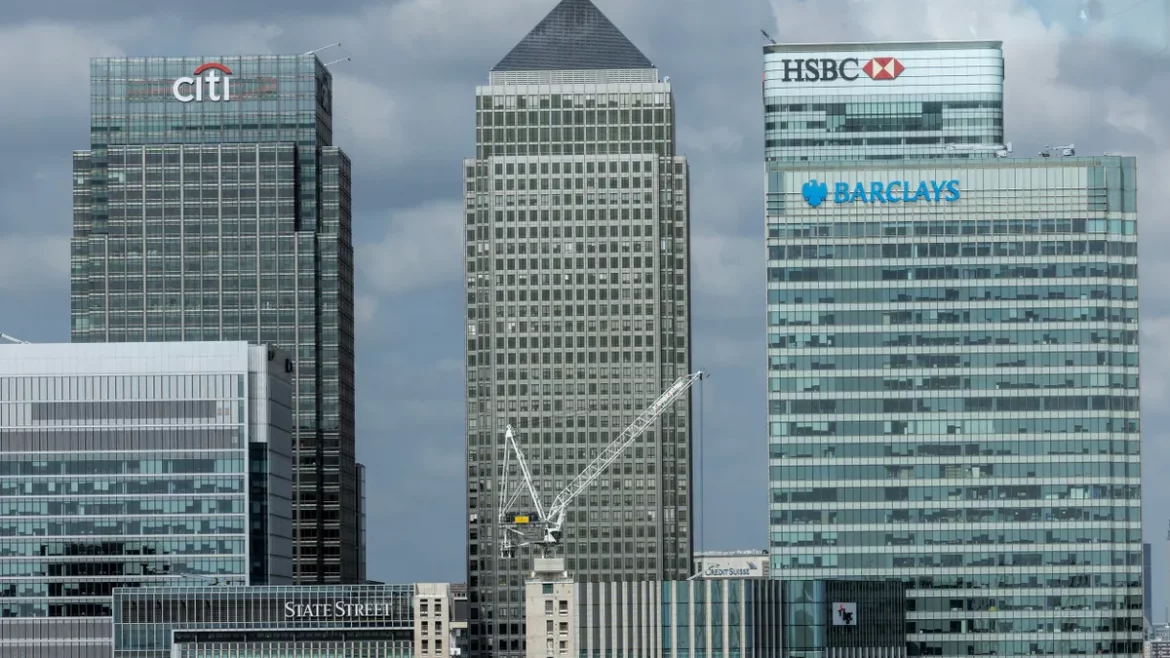Latest reports suggest that the six biggest banks in the US have decided to quit the global banking industry’s net zero target-setting group, with the imminent inauguration of Donald Trump as president expected to bring political backlash against climate action.
JP Morgan is the latest to withdraw from the UN-sponsored net zero banking alliance (NZBA), following Citigroup, Bank of America, Morgan Stanley, Wells Fargo and Goldman Sachs. Available reports show that all six have left since the start of December.
Analysts have been quoted as saying that the withdrawals are an attempt to head off “anti-woke” attacks from rightwing US politicians, which are expected to escalate when Trump is sworn in as the country’s 47th president in just under a fortnight.
Trump’s vows to deregulate the energy sector, dismantle environmental rules and “drill, baby, drill”, were a big part of his campaign platform and are expected to form a key part of his blueprint for governing the US, the world’s biggest oil and gas producer.
Paddy McCully, a senior analyst at the campaign group Reclaim Finance, said: “The sudden exodus of these big US banks out of the NZBA is a lily-livered effort to avoid criticism from Trump and his climate denialist cronies.
“A few years ago, when climate change was at the front of the political agenda, the banks were keen to boast of their commitments to act on climate. Now that the political pendulum has swung in the other direction, suddenly acting on climate does not seem so important for the Wall Street lenders.”
Read also: Report shows climate crisis ‘wreaking havoc’ on Earth’s water cycle
Convened by the UN Environment Programme finance initiative but led by banks, the NZBA commits members to align their lending, investment and capital markets activities with net zero greenhouse gas emissions by 2050 or earlier.
Citigroup was one of NZBA’s founding members. A spokesperson for the bank said Citigroup’s decision to quit would allow it to “focus on addressing barriers to mobilising capital to emerging markets in support of the low-carbon transition”.
“We remain committed to reaching net zero and continue to be transparent about our progress,” the bank said.
Addressing its withdrawal, JP Morgan said it would “work independently to advance the interests of our firm” and its customers and shareholders, while remaining “focused on pragmatic solutions to help further low-carbon technologies while advancing energy security”.
A spokesperson for Goldman Sachs said the bank was “very focused” on increasingly stringent standards and reporting requirements imposed by regulators, and insisted the bank had “made significant progress … on the firm’s net zero goals”.
Story was adapted from the Guardian.
